Product series:
The Photon series of Newtonian telescopes from TS Optics are ideal for a cost-conscious introduction to astrophotography. The large aperture ratio has a very positive effect on the exposure time required. The high-quality focuser helps with focusing.
However, these telescopes are also very well suited to purely visual observation and are supplied with an extension sleeve to focus with the eyepiece.
These Newtonian telescopes are real all-rounders!

TS Optics
Telescope N 150/900 Photon OTA
$ 454.00

TS Optics
Telescope N 203/800 Photon OTA
$ 900.00

TS Optics
Telescope N 200/1000 Photon OTA
$ 680.00
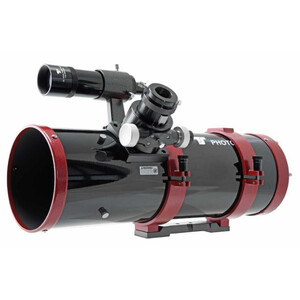
TS Optics
Telescope N 154/600 Photon OTA
RRP:
$ 800.00
Our price:
$ 720.00
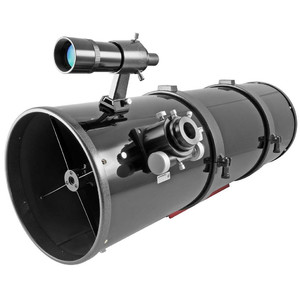
TS Optics
Telescope N 254/1016 Carbon Photon OTA
$ 2,050.00

TS Optics
Telescope N 200/1200 Photon OTA
$ 770.00
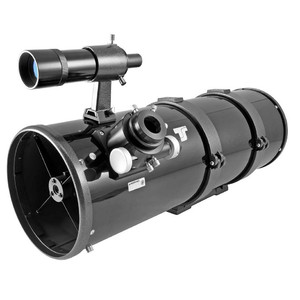
TS Optics
Telescope N 203/800 Carbon Photon OTA
$ 1,570.00
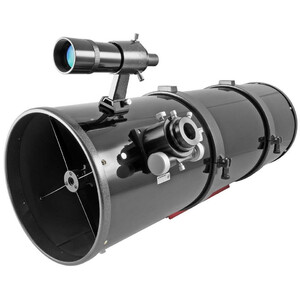
TS Optics
Telescope N 305/1220 Photon OTA
$ 1,700.00

TS Optics
Telescope N 200/1000 Carbon Photon OTA
$ 1,650.00

TS Optics
Telescope N 254/1016 Photon OTA
RRP:
$ 1,180.00
Our price:
$ 1,060.00
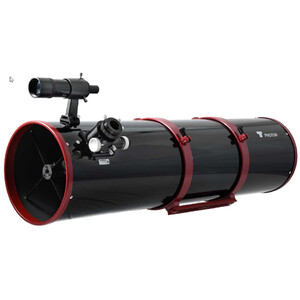
TS Optics
Telescope N 254/1270 Photon OTA
$ 940.00
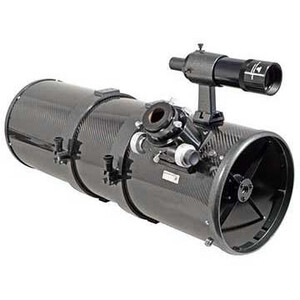
TS Optics
Telescope N 203/1000 Carbon Photon OTA
$ 1,480.00
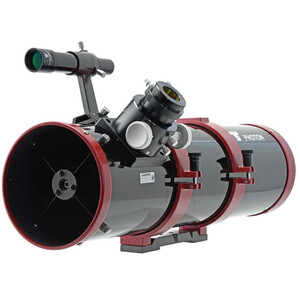
TS Optics
Telescope N 150/750 Photon OTA
$ 454.00
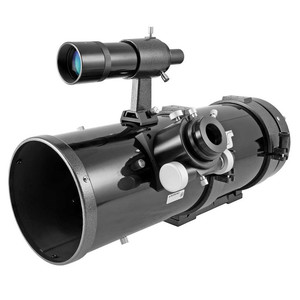
TS Optics
Telescope N 154/600 Carbon Photon OTA
$ 1,080.00
Metal or carbon
These Newtonian telescopes are available with a carbon-fibre tube. In addition to the weight advantage, the main advantage is the better focus stability if the temperature changes. This is important for astrophotography. When the temperature drops, metal contracts and the focus changes. A readjustment to the focus will be necessary.
A carbon-fibre tube ensures that it is hardly ever necessary to adjust the focus even during longer exposures. Your images will be sharper.
Primary mirror from GSO
The Photon series' primary mirrors are made by GSO (Guan Sheng Optical). Over the years, the manufacturer has been able to maintain the high optical quality of the mirrors.
The Photon Newtonian telescopes are built according to TS Optics’ specifications. The size of the secondary mirror is optimised, and the focus position spacing is optimised for both visual observing and for photography.
Photon Series
Collimation Newton Telescope
